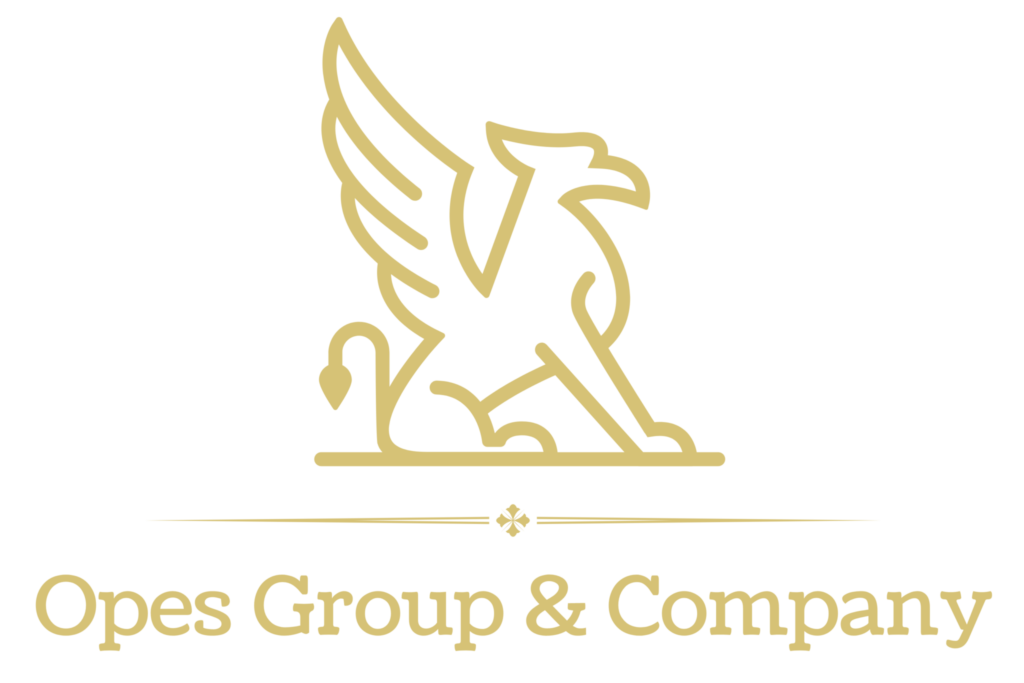Leading Sustainability
Circular Economy and Sustainable Business Practices
The urgent call for action resonates deeply with our leaders,
As climate change, biodiversity loss, and surpassing planetary boundaries highlight the pressing need to expedite not just our thinking but, crucially, our actions.
Advancing swiftly towards a business expedition that embraces the planet and its people as fundamental stakeholders, we champion a mindset that extends beyond business-to-consumer or business-to-business, evolving into an expedition from Business to Planet.
This transformative journey integrates cutting-edge climate technologies and sustainability innovations, empowering each stakeholder to mitigate environmental impact and unlock sustainable opportunities. Through this mindful acceleration, we incorporate the planet’s needs into every decision-making stage, ensuring organisations meet current objectives and stand well-prepared for an inclusive and sustainable future.
Business to Planet is a resolute commitment to delivering value for both people and the planet. It fosters authentic innovation, unlocking value and constructing an ecosystem dedicated to delivering positive impact.
Are you ready to join us on this expedition and consciously accelerate sustainability?
Join us in our journey in these 10 core strategies which we believe will make the leaders of sustainability for 2024.
Holistic Stakeholder Engagement:
Sustainability leaders recognise that the scope of stakeholders extends beyond shareholders to encompass employees, customers, communities, and the planet itself. Engaging with these stakeholders in a meaningful and inclusive way is crucial for building sustainable practices.
Circular Economy Adoption:
Leading sustainable organizations are transitioning from a linear “take, make, dispose” model to a circular economy approach. This involves designing products for reuse, recycling, and minimal waste, contributing to long-term resource efficiency and reduced environmental impact.
Innovation through Technology:
Technology is a driving force for sustainability, with leaders leveraging advancements such as artificial intelligence, blockchain, and data analytics to optimise processes, reduce energy consumption, and make informed decisions that align with environmental goals.
Transparent Supply Chains:
Transparency in supply chains is no longer an option but a necessity. Leading sustainability efforts involve mapping and disclosing entire supply chains, allowing consumers and stakeholders to make informed choices based on the environmental and social impact of products and services.
Climate-Positive Initiatives:
Beyond carbon neutrality, leading sustainable companies are actively pursuing climate-positive initiatives. This involves going beyond reducing emissions to actively sequestering carbon or contributing to ecological restoration projects, aiming for a net-positive impact on the climate.
Social Impact Integration:
Sustainability is not solely an environmental concern; leaders are integrating social impact into their strategies. This includes fostering diversity and inclusion, prioritising fair labour practices, and supporting community development, recognising the interconnectedness of environmental and social well-being.
Regenerative Agriculture Practices:
Acknowledging the critical role of agriculture in environmental sustainability, leading organisations are embracing regenerative agriculture practices. This involves restoring soil health, enhancing biodiversity, and promoting sustainable farming techniques to ensure long-term food security and ecological balance.
Water Stewardship:
As water scarcity becomes a global concern, leading sustainable companies are implementing water stewardship practices. This includes responsible water use, efficient management of water resources, and investing in water conservation initiatives within and beyond their operations.
Collaborative Partnerships:
Recognising the complexity of sustainability challenges, leaders are fostering collaborative partnerships across industries. Sharing knowledge, resources, and best practices enables a collective approach to addressing global challenges and accelerates the pace of positive change.
Continuous Learning and Adaptation:
Sustainable leadership is an evolving journey. Organisations committed to sustainability are fostering cultures of continuous learning, adaptation, and innovation. This includes staying informed about emerging trends, technologies, and evolving best practices to remain at the forefront of sustainability efforts.
Leading sustainability in 2024 will involve a comprehensive approach that goes beyond mitigating environmental impact to encompass social responsibility, technological innovation, and collaborative efforts toward a regenerative and circular economy. Continuous learning and adaptability remain central to navigating the dynamic landscape of sustainability.
Get involved!
We are amplifying the power of our people










